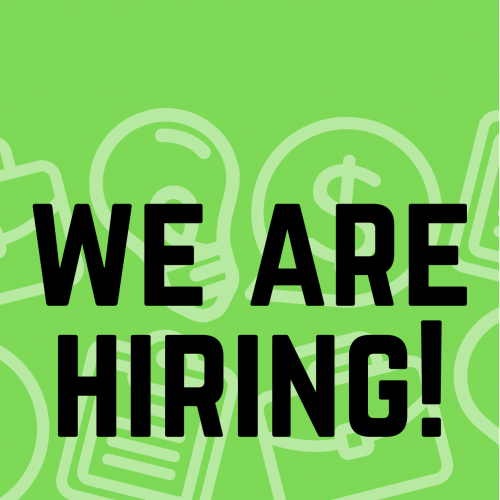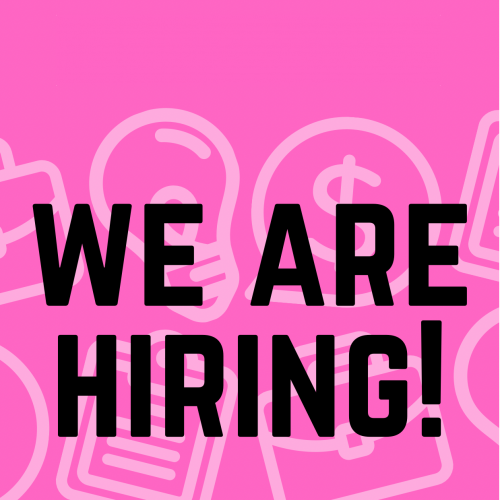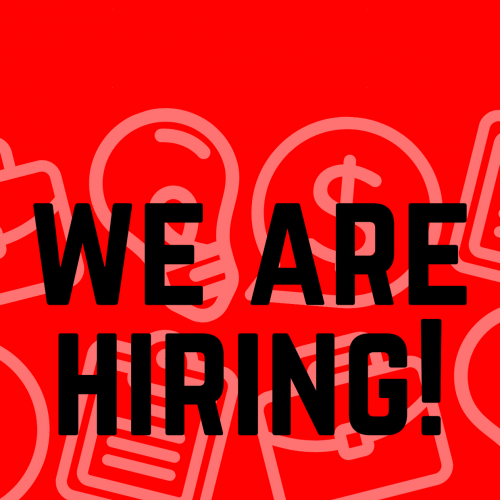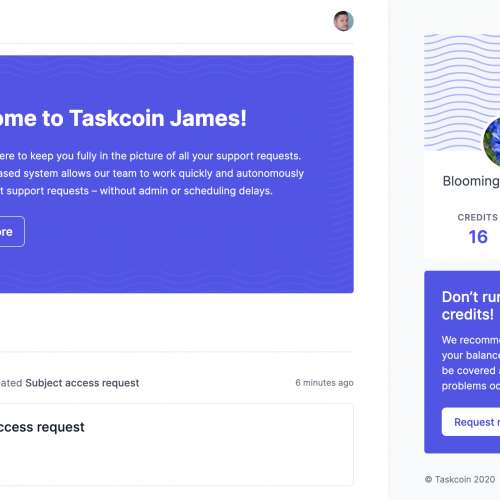
Simon Harper has been working in media and technology law for over 20 years. In 2012, Simon co-founded Lawyers On Demand (LOD), a flexible legal services company that allows large legal teams to scale their services up or down as they need them. In 2015 he founded Spoke, a digital platform that connects clients with lawyers who can help them.
We caught up with Simon to find out more about how he is launching law into the digital era, and what he thinks lies in the future of legal services…
Pulling law into the digital world
In 2015, Simon and the LOD team started to think about creating a digital platform that could replicate some of LOD’s process and add new clients and lawyers to their model.
“We will always be a people business, with people at the core, but having technology as a part of that is crucial”
Simpleweb teamed up with LOD to create the first version of the platform – Spoke. Spoke allows clients to search a large database of on-demand lawyers, or post their job and wait for the perfect lawyer to get back to them. While LOD is membership-based, Spoke is open to non-LOD lawyers.
“If you’re a lawyer working independently in whatever way” explains Simon, “being a barrister or a sole practitioner or someone working with one of LOD’s competitors, then you can put your profile on Spoke and work through the platform. The majority of LOD clients are large legal teams, but you don’t need to be a large legal team to use Spoke, you can be a small legal team or a management team.”
With a background in media and technology law, Simon had spent a lot of time working with digital-focused businesses and realised that law was not being disruptive in the same way that other industries were.
“Spoke is the next part of scaling for LOD” says Simon. “It’s about embracing technology and the different ways that our lawyers want to work. We will always be a people business, with people at the core, but having technology as a part of that is crucial.”
While Simon co-founded LOD, Spoke was the first digital product he’d worked on directly. The team took the decision to tender the work and reached out to several recommended companies to respond. “We wanted the best of both worlds… we had a design and UX team here so we needed a development and engineering team.”
Digital product development
With no background in digital product development, Simon found the process alternated between certainty and uncertainty.
“It’s tempting to go pick up a copy of The Lean Startup and treat it as your blueprint… but it’s just one way of doing things”
“I think you go through a cycle where at first you do know what you want” Simon says. “The more you get into the detail, you start to realise that maybe you didn’t know what you wanted. Then it becomes more complex and less certain and then you come out the other end knowing what you want through the process of feedback and trial and error.”
Simon says that so much of the development process depends on “the particular circumstances of that product, market, context and history.” While he’s learned a lot about product development methodologies, Simon thinks relying too much on any one theory can be dangerous for startups.
“It’s tempting to go pick up a copy of The Lean Startup and treat it as your blueprint” he muses, “but actually it’s not, it’s just one way of doing things.”
Taking the leap into digital
Simon found his leap into the world of digital startups in many ways similar to his early days with LOD. He recalls reading a book about the journeys of different entrepreneurs…
“If you’re not replicating the real world situation, then you’re building something that requires a different set of behaviours”
“Once you’ve read the stories, you realise that they are quite similar” says Simon. “The founders tend to go from feeling excited and optimistic, to concerned and worried and then back again in different time frames. There’s always something to be inspired and excited about and there’s always something to be concerned about. That’s what’s different about doing a regular, consistent job to founding a startup.”
When asked whether he’s always been one to take risks, Simon replies that, “it’s all relative. I am a lawyer” he says, “and we are generally a more cautious, conservative and perfectionist personality type. In comparison with that, I am probably a little more likely to take a risk and a little bit more willing to accept uncertainty.”
However, Simon says that among his non-lawyer friends he is often considered, “the organised and careful one” so whether he is a risk-taker or not “depends on your reference point.”
A major challenge in creating a ‘first-mover’ startup is “trying to predetermine human behaviour or how people will choose to buy things” says Simon. “If you’re not replicating the real world situation, then you’re building something that requires a different set of behaviours…
“If your product doesn’t solve a problem that’s out there, what’s the point in even starting?”
“If you walk into a shop, for example, and you’re standing at a counter and someone isn’t serving you how you like, you can walk away and they can respond to that, you can change your approach in real time. But technology doesn’t do that, so ultimately you’re making an informed guess about how people want to buy and utilising that.”
When asked how he would advise other entrepreneurs taking their first step into digital, Simon is torn.
“On one hand, I want to say don’t think about it too much or you’ll get paralysed. But you also might say you’ve got to be really sure that your product fits a market and if your product doesn’t solve a problem that’s out there, what’s the point in even starting?
“In the end you’ve got to figure it out and choose your own route.”
“I also want to say don’t be too led by what people say they want, because they don’t really always know and at the same time, you need to get feedback.
“I’d say don’t over-design your product and don’t make it too perfect, but you still need to really impress your first customers and make them feel that your product is special and that it will change their lives. These are only a few examples of little sets of advice that are hard to navigate. Each of them are paradoxical.”
So how do you deal with all the conflicts? “You have to think about what it is you want to do” says Simon, “and what the context is. You might look to your team or your industry or your experience or the history or variables. But no book or blog is going to fix that. These things will give you the options but in the end you’ve got to figure it out and choose your own route.”
The future of Spoke and the future of law
Following an early launch in summer 2016, Spoke now has close to 700 lawyers on board, around half of whom were not previously associated with LOD.
“They’ve responded to it very well and keyed onto the idea of selling additional legal capacity or time in this way” says Simon. “It was also really good to see the market reaction to doing something like this, something that facilitates new law or flexible law.”
Simon believes that the future of law will include a number of digital platforms that will help both lawyers and clients to access the services they need and do the best work that they can.
“Spoke enables people to find the right lawyers that they want to work with and to work with them differently” says Simon, “and to work with them more cost effectively and efficiently than a traditional law firm.”
While Spoke is certainly an industry disruptor, Simon says, “it definitely won’t remove the need for traditional law firms or teams. There’s lots of scenarios where they are exactly the right answer, but there are also scenarios where law firm infrastructure and cost isn’t needed and I hope it’s us that finds the right platform to step in and do that work better .”
Find out more about Spoke at spoke.law.
Read more about the people and products Simpleweb works with at simpleweb.co.uk/portfolio.



